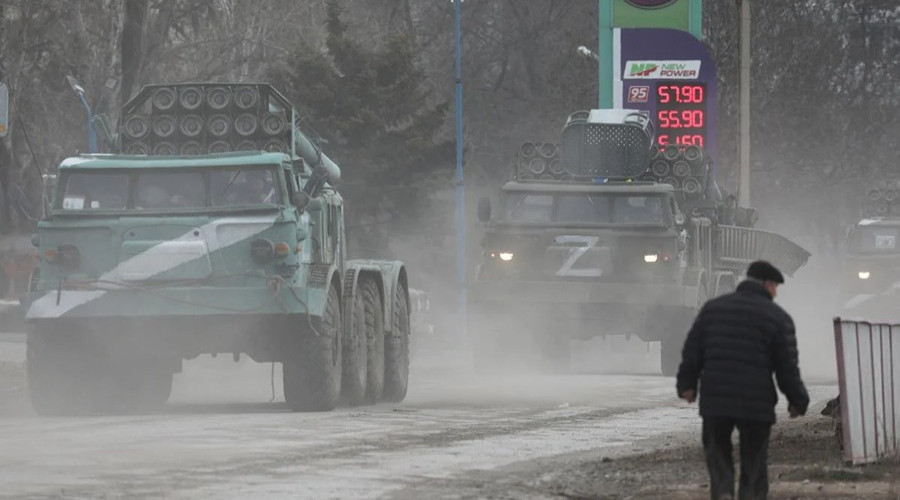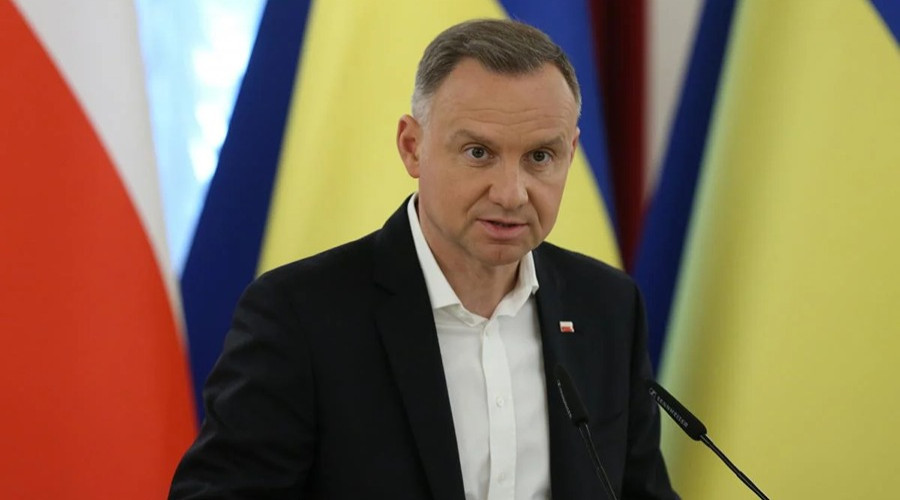Expanding Social Support in Ukraine: $1.2 Billion Loan from the World Bank with Japanese Guarantee
A significant economic development has taken place in Ukraine, where the World Bank has decided to provide a loan of $1.2 billion under the guarantee of the Japanese government. Ukrinform reported this, citing the bank's press service.
These funds are intended to support 29 social assistance programs for the most vulnerable segments of Ukraine's population under the "Investing in Social Protection for Inclusion, Resilience, and Efficiency" (INSPIRE) project.
The primary focus of this project will be on assisting orphans, children in care, socially disadvantaged students, as well as individuals affected by the Chernobyl disaster and human trafficking.
It is important to note that Arup Banerji, the World Bank's Regional Director for Eastern Europe, emphasized that this project is designed to provide assistance to nearly 10 million Ukrainians during their most critical times of need. This will strengthen the capacity of the Ukrainian government to offer social support to the poor and vulnerable, especially as winter approaches and millions of Ukrainians require additional assistance to pay their bills and heat their homes.
This news comes on the heels of Ukraine's state budget already receiving around $400 million under the guarantee of the United Kingdom through the World Bank Trust Fund. Thus, the country is actively leveraging external resources to ensure stability in its social system amidst economic challenges.
This financial injection from the World Bank, supported by Japan, will be a significant resource for Ukraine in addressing social challenges associated with the current situation. It also underscores international collaboration in supporting a country facing various issues, ranging from internal social problems to external geopolitical pressures.
It is evident that this news not only informs about financial assistance but also underscores the importance of collaboration between different countries and international institutions in addressing social issues. This project is not just aimed at providing temporary aid but also at establishing sustainable mechanisms for social protection in the country on a long-term basis.











